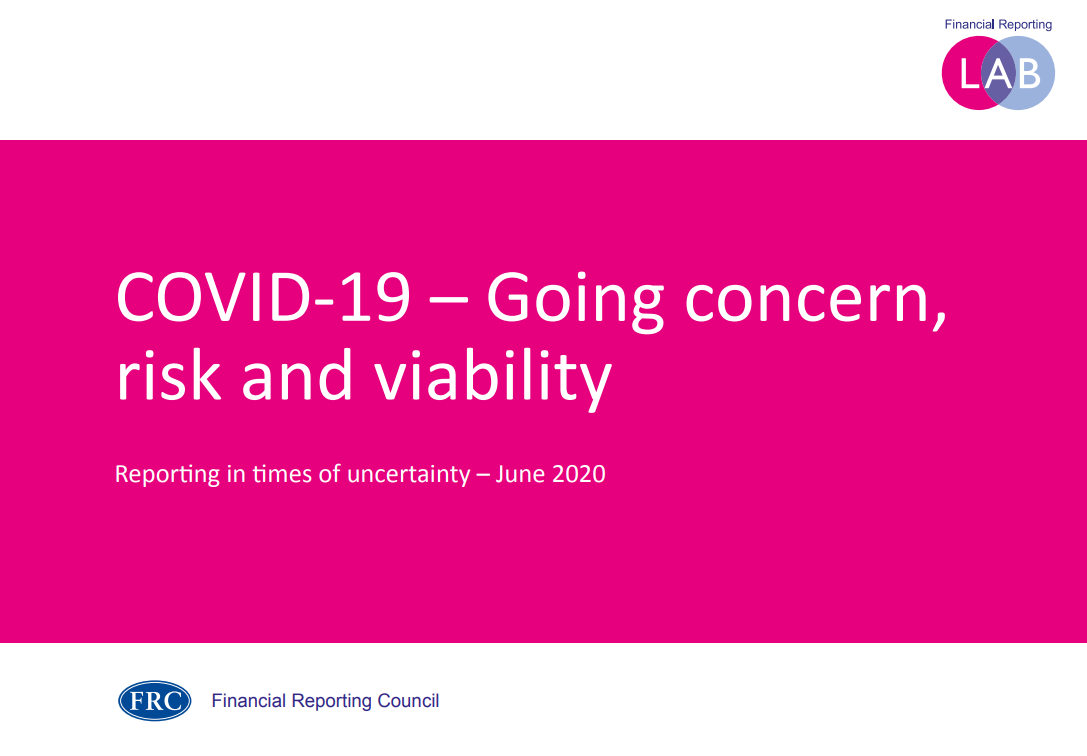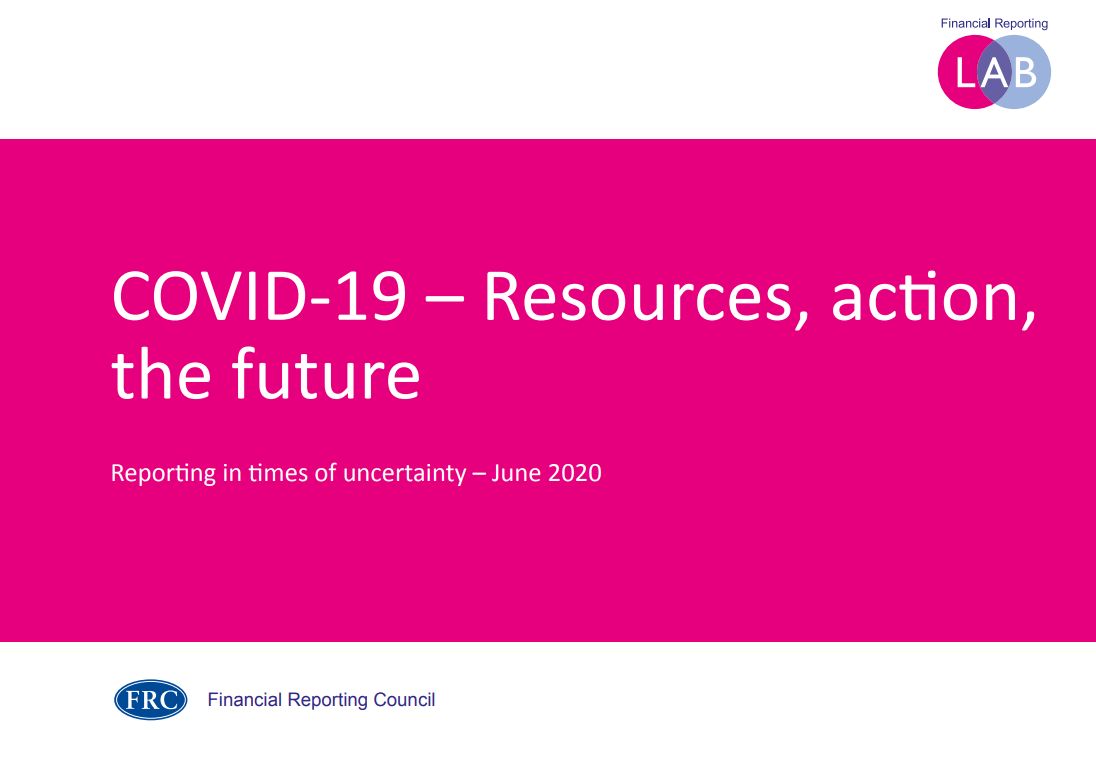
by John McCarthy Consulting Ltd. | Apr 1, 2023 | News
This week we continue our series looking at some lessons that auditors can learn from past Decision Notices (DN) published by the Financial Reporting Council. For the sake of brevity we are omitting the title ‘Ireland’ from the names of the ISAs as we are referring to the Irish ISAs throughout this post.
To catch up on last week’s post in the series click here.
Today we focus on the topic of revenue recognition and recoverability of debtors. Both of these are often considered high-risk areas in many audits. In the audit of the consolidated financial statements for ‘Associated British Engineering plc’ (‘ABE’) for the FY 2018 significant audit risks relating to:
- Revenue recognition and
- Recoverability of debtors
were identified in the audit file as a key audit matter (KAM).
Provision against trade debtors was a significant accounting estimate made by ABE’s management.
ISA 240.32(b) of the Auditor’s Responsibilities Relating to Fraud requires the auditor to design and perform audit procedures to review accounting estimates for biases and evaluate whether the circumstances producing any bias represent a risk of material misstatement due to fraud.
Paragraph 32(b)(ii) requires that such review must include a retrospective review of management judgements and assumptions related to significant accounting estimates reflected in the financial statements of the prior year.
ISA 240.A46 explains that a retrospective review has the purpose of determining whether there is an indication of a possible bias on the part of management.
In the circumstances of the Audit, the Respondents were required by these provisions of ISA 240 to perform a retrospective review of management’s judgements and assumptions related to the provision against trade debtors in ABE’s financial statements for the prior year. The auditors failed to comply with that requirement.
They did not carry out work which met the requirement of ISA 240.32(b)(ii) to conduct a retrospective review on the prior year’s provision against trade debtors. Such audit work as was carried out was inadequate for the purpose of meeting the requirement of ISA 240.A6.
As regards Audit Sampling the relevant section of ISA 530.6 requires the auditor, when designing an audit sample, to:
- consider the purpose of the relevant audit procedure and
- the characteristics of the population from which the sample in question will be drawn.
The auditors failed to comply with this requirement in their audit work on revenue recognition and recoverability of debtors, in that they did not appropriately address the difference between the two classes of ABE’s sales to its customers, namely
- products (predominantly engine parts) and
- services (repair work);
- they did not consider the respective risks presented by those two revenue streams; and
- they did not differentiate between them in the substantive testing work that was carried out for the Audit.
Another problem area related to ISA 701 Communicating Key Audit Matters (‘KAM(note 1) in the Auditor’s Report), by virtue of its paragraphs 9, 10, 13 and 18(a), which require the auditor:
- to determine, from the matters communicated to those charged with governance, those matters that required significant attention in performing the audit;
- to determine which of those matters were of most significance in the audit and therefore formed the KAMs; and
- to record within the audit documentation the significant matters and,
- in respect of each of them, the rationale for the auditor’s determination as to whether or not the matter is a KAM, including (in respect of each matter determined to be a KAM):a reference to any disclosure(s) in the financial statements related to the matter; and information as to:
- why the matter was determined to be a KAM; and
- how the matter was addressed in the
The auditors’ audit work in the area of revenue recognition and recoverability of debtors did not comply with the above requirements of ISA 701 even though this area was identified, both in the audit file and the auditor’s report, as a KAM.
However, the reasoning behind that identification was lacking; the audit team’s assessment of the risks in relation to revenue recognition had in fact led them to a contrary conclusion; and the identification of this matter as a KAM was an error.
Please go to our website to see our new ISQM TOOLKIT or if you prefer to chat through the different audit risks and potential appropriate responses presented by this new standard, please contact John McCarthy FCA by e-mail at john@jmcc.ie.
We typically tailor training and brainstorming sessions to suit your firm’s unique requirements.
Publications and AML webinars:
- The ISQM TOOLKIT 2022 is available to purchase here.
- See our latest Anti-Money Laundering Policies Controls & Procedures Manual (March 2022) – View the Table of Contents click here.
- Also we have an updated AML webinar (March 2022) available here, which accompanies the AML Manual. It explains the current legal AML reporting position for accountancy firms and includes a quiz. Upon completion, you receive a CPD Certificate of attendance in your inbox.
- To ensure your letters of engagement and similar templates are up to date visit our site here where immediate downloads are available in Word format. A bulk discount is available for orders of five or more items if bought together.
[1] Note that KAMS apply most frequently to listed entities but can also apply to circumstances when the auditor decides to communicate key audit matters in the auditors’; report.

by John McCarthy Consulting Ltd. | Jun 23, 2020 | News
‘Going concern’ is not a simple binary or pass/fail concept. A company can be a going concern even when one or more material uncertainties exist. In such circumstances what becomes important is the disclosure about the uncertainties and management’s consideration of these.’ Quote from the recent Financial Reporting Lab’s guidance on ‘Going concern, risk and viability’ in the midst of the Coronavirus (COVID-19).
The Financial Reporting Lab of the Financial Reporting Council last week published two documents that give clear incisive guidance, with real life examples, dealing with:
The three key areas that need attention and disclosure relating to going concern are:
- Is the company a going concern?
- Has the assessment considered factors relevant to COVID-19?
- Is the disclosure sufficiently detailed?
Covid-19 disclosures
If you are wondering what Coronavirus (COVID-19) disclosures companies should be making in their financial statements, we have the answer. Our recently published survey of 22 public company financial statements focuses on their Coronavirus (COVID-19) disclosures.
Among the disclosures addressed in our report are topics such as:
- Emphasis of Matter
- Key Audit Matters in Audit Reports
- Going Concern/Viability
- Post Balance Sheet Events/Subsequent Events
This thirty-page report, is available on our website, and includes more detail of the types of disclosures that are prevalent at the moment and elaborates on the topics below. All this research is available to purchase for just €125+VAT, for immediate download.
For more on the Coronavirus (COVID-19) disclosures, please see our published report on our website here.
In our Publications Store, you will also find many complementary letters of representation templates that deal with the Coronavirus (COVID-19).

by John McCarthy Consulting Ltd. | Jun 15, 2020 | Blog
In May 2020, the EU Commission predicted that Irish GDP will contract by 7.9% in 2020, as a result of the Coronavirus (COVID-19). The good news is that it has predicted a bounce back of 6.1% in 2021.
In this climate, the provision of accurate financial information will be critical in getting Ireland back to health. Where can we find good, up to the minute guidance on this topic?
The hidden jewel in the crown of the Financial Reporting Council, the Financial Reporting Lab, has, once again, justified this title. On 15 June 2020, the Lab published two documents that give clear incisive guidance, with real life examples, dealing with:
- ‘Resources, actions and the future’ – practical advice to companies setting out the disclosures investors expect to see from companies during this time of uncertainty
- ‘Going concern, risk and viability’ – which gives guidance on going concern, risk and viability disclosures.
This week we focus on the Resources, actions and the future document that helps Directors and others with how to address three key topics in their annual reports:
- Resources – including the availability of cash.
- Actions – to manage short-term expenditure and ensure viability.
- The future – how the decisions taken now ensure the sustainability of the company and impact customers, suppliers and employees.
Covid-19 disclosures
If you would like to more examples of recent Coronavirus (COVID-19) disclosures in financial statements, see our recently published survey of 22 public company financial statements which highlight Coronavirus (COVID-19) disclosures.
The types of disclosures addressed in our report include topics such as:
- Emphasis of Matter
- Key Audit Matters in Audit Reports
- Going Concern/Viability
- Post Balance Sheet Events/Subsequent Events
This thirty-page report, is available on our website, and includes extracts from the types of disclosures that are prevalent at the moment. All this research, saving you time, is available to purchase for just €125+VAT, for immediate download.
For more on the Coronavirus (COVID-19) disclosures, please see our published report on our website here.
In our Publications Store, you will also find many complementary letters of representation templates that deal with the Coronavirus (COVID-19).

by John McCarthy Consulting Ltd. | Jun 8, 2020 | News
The Financial Conduct Authority in the UK said in March 2020 that all London listed companies are permitted two extra months to publish their audited financial results, giving them six months in total.
Meanwhile the Irish Companies Registration Office has further extended the filing deadline for all annual returns that are normally due for filing in the coming months. These will be deemed to have been filed on time if all elements of the annual return are completed and filed by 31st October 2020.
The filing arrangements for Industrial & Provident Societies, Friendly Societies and Trade Unions for filing with the Registry of Friendly Societies are extended to 31st December 2020.
Covid-19 disclosures.
Are you wondering what Coronavirus (COVID-19) disclosures companies should be making in the financial statements to achieve a true and fair view?
We have the answer. Our recently published survey of 22 public company financial statements focuses on their Coronavirus (COVID-19) disclosures.
Of the companies that included Coronavirus (COVID-19) somewhere in their annual reports, Coronavirus (COVID-19) was included in the audit reports of all four companies that had January year ends.
Other disclosures addressed in our report include topics such as:
• Emphasis of Matter
• Key Audit Matters in Audit Reports
• Going Concern/Viability
• Post Balance Sheet Events/Subsequent Events
This thirty-page report, is available on our website, and includes more detail of the types of disclosures that are prevalent at the moment and elaborates on the topics below. All this research is available to purchase for just €125+VAT, for immediate download.
For more on the Coronavirus (COVID-19) disclosures, please see our published report on our website here.
In our Publications Store, you will also find many complementary letters of representation
templates that deal with the Coronavirus (COVID-19).

by John McCarthy Consulting Ltd. | Jun 2, 2020 | Blog
We have recently published a survey of 22 public company financial statements focusing on their Coronavirus (COVID-19) disclosures.
Of those companies surveyed, the John Lewis Partnership plc had some of the greatest level of going concern discussion in the notes to the financial statements, with a prominent note under the ‘Basis of Preparation’ section on page 95.
Our thirty-page report, is available on our website, and includes more detail of the types of disclosures that are prevalent at the moment and elaborates on the topics below. All this research is available to purchase for just €125+VAT, for immediate download.
The various disclosures in the report cover topics such as:
• Emphasis of Matter
• Key Audit Matters in Audit Reports
• Going Concern/Viability
• Post Balance Sheet Events/Subsequent Events
For more on the Coronavirus (COVID-19) disclosures, please see our published report on our website here.
In our Publications Store, you will find many complementary products that deal with the Coronavirus (COVID-19), especially letters of representation that seek written representations from the management of relevant entities about their preparedness for the future impact of the virus on their organisations.










